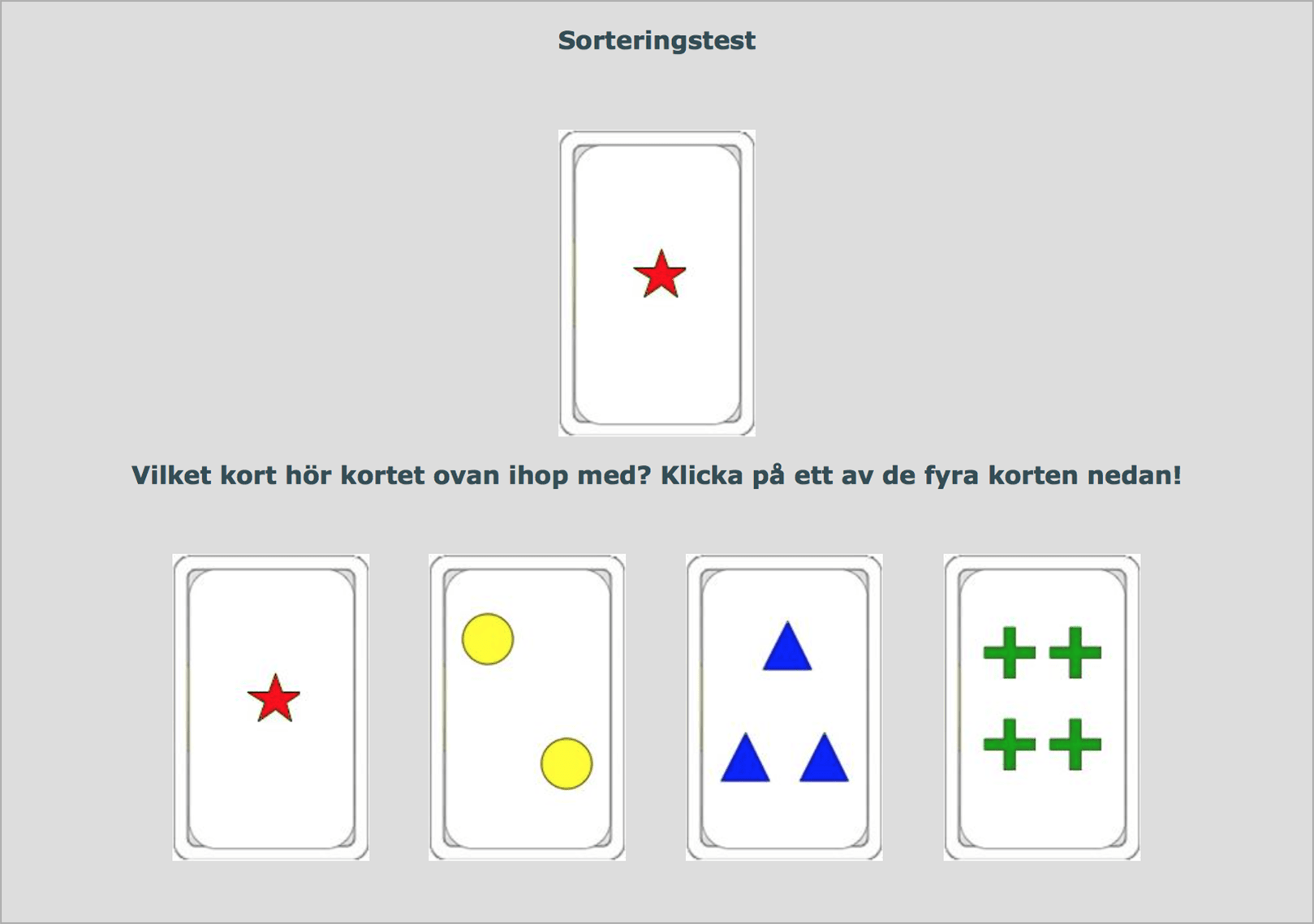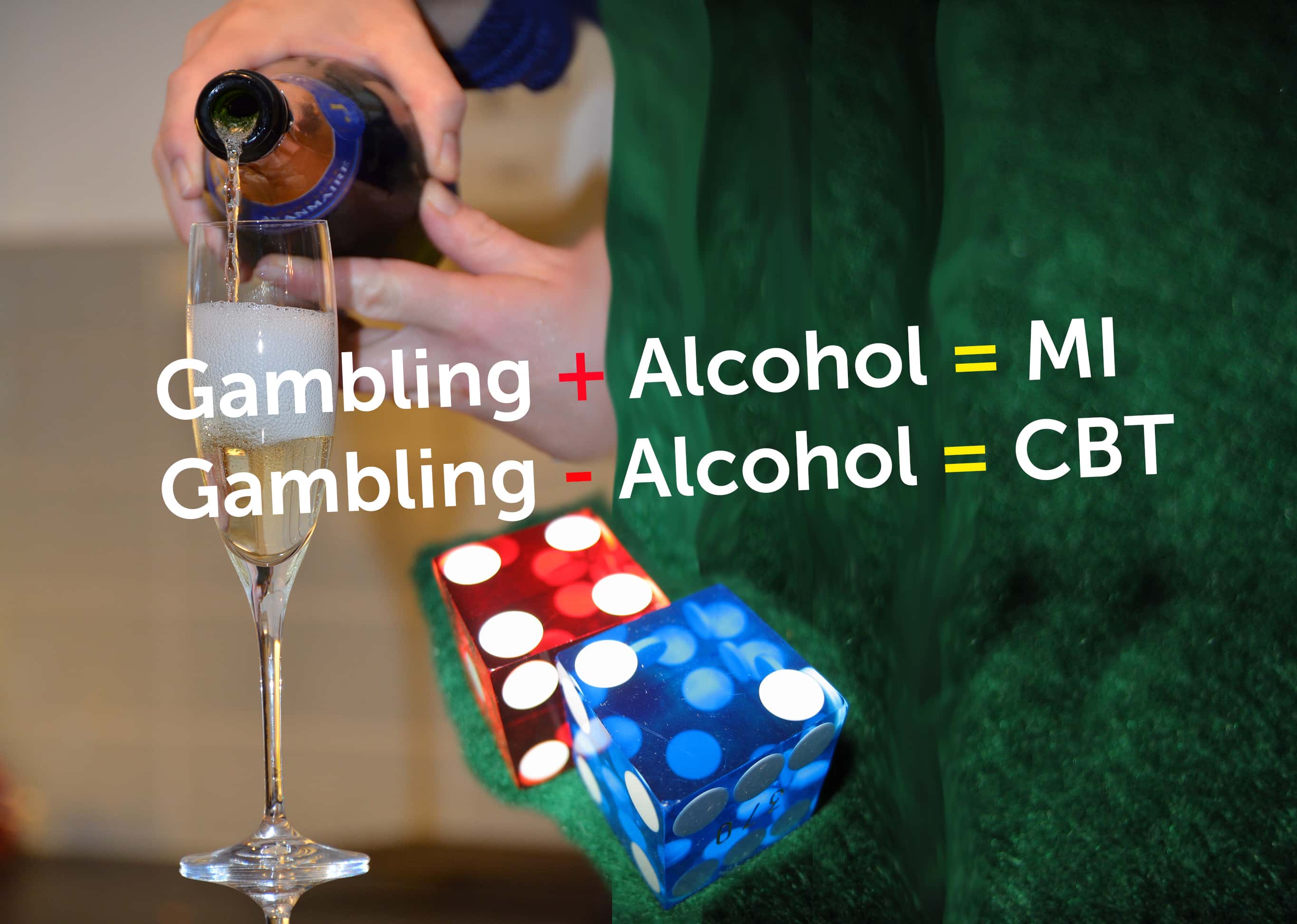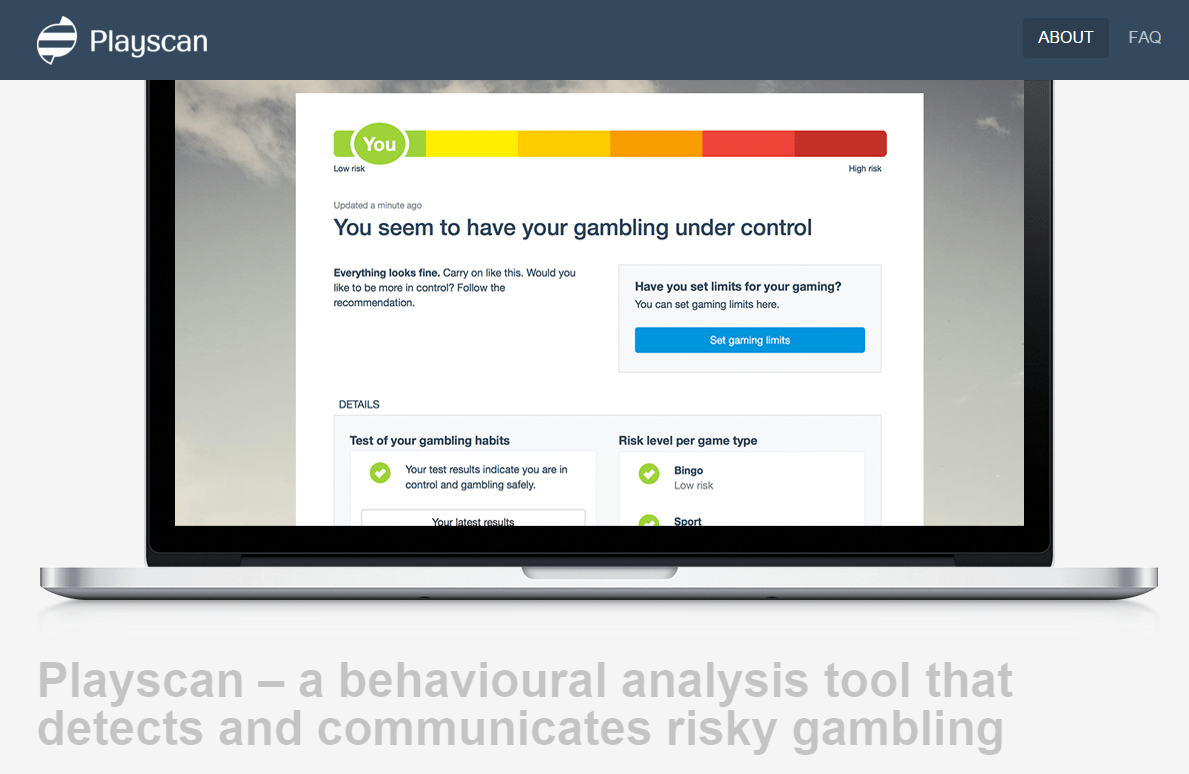Treating tinnitus distress via the Internet: A mixed methods approach of what makes patients seek help and stay motivated during Internet-based cognitive behavior therapy
Internet-based cognitive behavioral therapy (ICBT) has proven to be an effective treatment in improving patients’ ability to cope with tinnitus. However, some patients prefer face-to-face therapy to ICBT, and a few studies have shown considerable dropout rates if the treatment is not guided. This renders it important to identify factors that contribute to the commencement … Läs mer!










